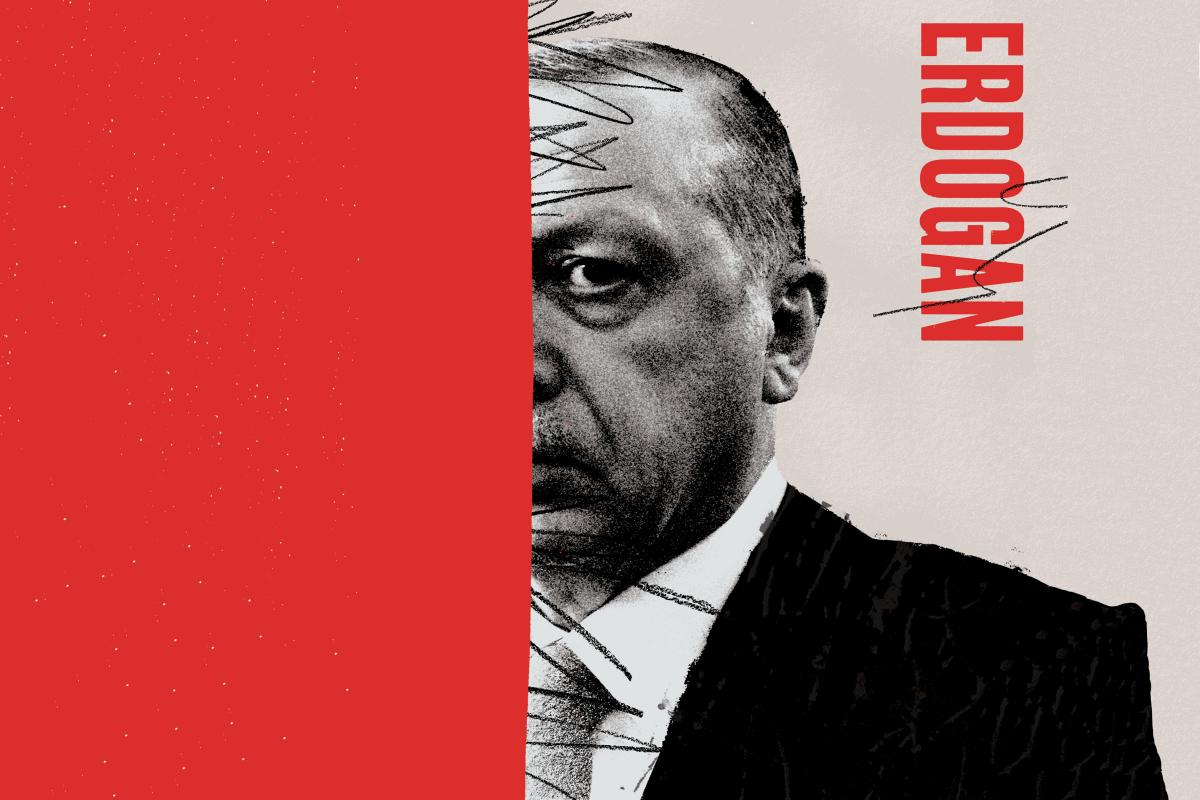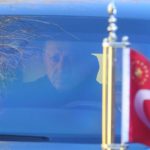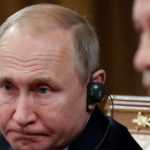It is a shame upon leaders and a big regret for right-thinking, well-behaved citizens that a country is declared “a mafia state” and worse still, “now more than ever…”
This is what I felt after reading a Turkish Minute headline quoting a Stockholm Centre for Freedom (SCF) report zooming on the 2021 Global Organized Crime Index published by the Global Initiative –addressing the issue of transnational organized crime. I just couldn’t help searching for the report to get it from the horse’s mouth.
Co-funded by the United States of America and the European Union, The Index, in the words of Director Mark Shaw, constitutes “the first tool of its kind designed to assess levels of organized crime and resilience to organized criminal activity.” It includes in its rankings all the 193 United Nations (UN) member states.
Director Shaw remarks that in executing its functions, the Global Initiative is no longer chasing shadows—a remark that translates into a slap in the face of many global leaders attending the 76th United Nations General Assembly (UNGA) in New York. For some of them, messages they send to the world from New York don’t tally with what is reported to be happening on the ground back home in their countries.
Among the leaders who would have to hide their faces in the wake of The Index is Turkey’s President Recep Tayyip Erdogan whose country “has become known as a mafia state and the evidence suggests that this is the case, now more than ever.” On a score scale of one to ten, reflecting the criminality in ascending order, Turkey’s score of 6.89 slots the country in the 12th worst country position in the UN community of 193 members. Comparatively, it is worse than Syria, Lebanon and Venezuela.
In the first ever assessment of illicit economies in all 193 UN member states, the Global Initiative Against Transnational Organized Crime (GI-TOC ) reveals that “the Turkish government often leverages certain criminal markets, such as the gold and oil trade, human smuggling and arms trafficking, for its own benefit and political purpose.”
It says, depending on political circumstances and geopolitical relations with other countries, the Turkish government chooses to “either tighten or ease its control over organized criminal activity.” Director Shaw observes “state officials and clientelist networks who hold influence over state authorities are now the most dominant brokers of organized crime.”
In what one could term as Ian Fleming’s “For Your Eyes Only” James Bond novel series or an X-film”, The Index reveals “state-embedded individuals (being) involved in illegally transferring weapons to Salafi-Jihadist groups fighting in Syria and Libya, as well as providing weapons to paramilitary groups in Turkey… Organized crime and state-embedded individuals have extremely strong and complex links, dating back many decades and continuing to today.”
That is definitely not something President Erdogan or any Turkish citizen would like to hear about their country. It’s a shame. The study says illegal arms trade is also pervasive in Turkey, with firearm use and arms trafficking on the rise in recent years. Overall, Turkey plays a role of ‘tripling’ as “a source, transit and destination country to greater or lesser degrees.”
It further reveals Turkish organized criminal gangs controlling the wholesale importation of heroin into Europe. Based on an increase in acetic anhydride seizures, a key precursor for processing morphine into heroin, the report suggests that heroin production is on the rise in Turkey, with laboratories scattered across Istanbul and in eastern provinces at the border.
The bad state of affairs is circumstantially confirmed by a reported considerable weakened cooperation between Turkey and the U.S. Drug Enforcement Agency since 2016, which has negatively impacted Turkish National Police’s ability to deal with drug trafficking.
Director Shaw remarks that the results of the study “paint a worrying picture of the reach, scale and impact of organized crime… (because) “nearly 80% (79.4% to be exact) of the world’s population today live in countries with high levels of criminality. It is equally alarming to consider that the exploitation of people, in the form of human trafficking, has become the most pervasive criminal economy in the world – a development that serves as a dark reminder of the dehumanizing impact of organized crime.” On global criminal markets, The Index reveals human trafficking taking the lead with a score of 5.58, even surpassing Cannabis trade (5.10) arms trafficking (4.92) and human smuggling (4.77).
In terms of human trafficking and smuggling, The Index says Turkey is a key player in the transnational markets. “Human trafficking, a prominent criminal market in Turkey, is characterized predominantly by trafficking for (God forbid) sexual exploitation and forced labour.” The crime is prevalent “in the country’s tourist areas, in metropolitan cities and in cities at the country’s borders.”
Since the July 15, 2016 failed coup, Turkey has devised all sorts ways of extraditing persons deemed to be behind it. In this respect, The Index highlights what it considers to be severe concerns regarding the use of extradition processes and requests by the Turkish government as a political tool.
The “[Turkish government] also engages in illegal renditioning of suspected coup plotters,” the report says, pointing at “concerns (that) have been raised about the Turkish government’s prolific abuse of INTERPOL’s red-notice system to unfairly target journalists, activists and political opponents living abroad.” The abduction of Fethullah Gulen’s nephew from Kenya and founder of education delivery network in Kyrgyzstan are very fresh cases in breach of human rights, international law and violation of the two countries’ territorial integrity rights.
As Director Shaw rightly observes in the 182-page study, organized crime is a common denominator in many of the societal challenges touching on issues of “inequality, conflict, political instability, climate change, unregulated technology and financial markets, corruption, and forced migration.”
All said, one can already see the link between the state of a country’s democracy and peace and criminality. Turkey is where it is today because democracy pillars have since been pulled down and peace is on leaders’ lips. Criminality has everything it takes for it to thrive in the country.
By: Felix Kaiza
Source: Poli Turco



